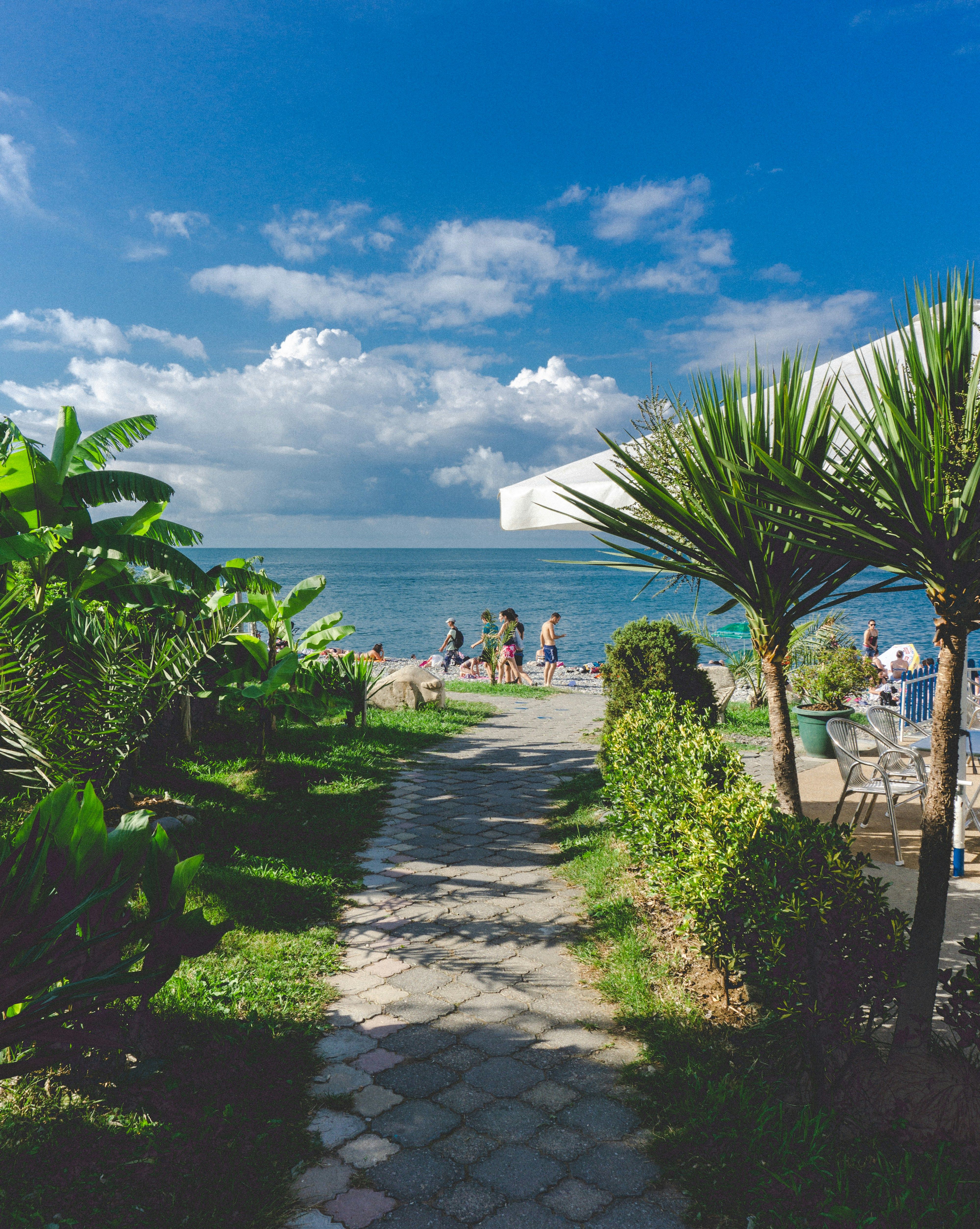Palestinian individuals and media personnel subjected to violent assaults by Israeli nationalists
In Jerusalem, an annual flag march marking Israel's capture and reunification of the city during the 1967 Six-Day War has become a focal point for disturbing incidents, as Israeli nationalists target Palestinians and journalists with violence. These aggressions stem from deep-seated political and territorial tensions over East Jerusalem's status and Palestinian residency rights.
During this year's event, nationalist and far-right Israeli groups, including families of terror attack victims and radical political forums, led the procession. These groups often provoke Palestinians through chants like "Death to Arabs" and provocative displays, particularly in the Old City's Muslim Quarter. The march's nationalistic and sectarian tone has escalated animosities, with aims to intimidate various religious communities residing in the Old City.
Palestinian shopkeepers typically keep their businesses closed ahead of the march due to fear of violence, and local residents experience heightened anxiety due to anticipated confrontations. While Israeli police deploy significant forces to manage the event, their efforts haven't consistently prevented clashes or abuses by extremist marchers.
International bodies and neighboring countries, such as Jordan, have repeatedly criticized the march, especially following instances where sensitive religious sites, like the Al-Aqsa Mosque compound, were stormed by thousands of far-right Israelis, including government officials. These actions have been deemed a violation of international law and a provocation to Palestinian Muslims.
The march's route through East Jerusalem, considered occupied under international law, and the aggressive actions of nationalist groups contravene provisions protecting occupied populations from harassment and violence. Enforcement of Israeli law regarding incitement to violence, hate crimes, and public order offenses is often criticized for inconsistency or leniency towards nationalist perpetrators.
The Al-Aqsa Mosque compound's storming has drawn international legal and diplomatic rebuke, accentuating the obligation to respect cultural and religious sites in conflict zones under universal humanitarian law. Legal debates surrounding the use of state security forces to protect the march while Palestinians face restrictions and revocable residency rights highlight long-standing allegations of systemic discrimination against Palestinians in Jerusalem.
In conclusion, the violent attacks by Israeli nationalists during the Jerusalem Day Flag March are a manifestation of nationalist ideologies celebrating Israeli sovereignty over a disputed city, expressed through provocative actions and rhetoric against Palestinians. The event triggers strong reactions at the local and international levels, underscoring ongoing tensions in Jerusalem's political status. Legally, the march and related violence present challenges to both Israeli domestic law enforcement and international legal norms safeguarding occupied populations and cultural heritage.
- The European Union, in response to the violent incidents that occur during the Jerusalem Day Flag March, has expressed concern over the escalating tensions in Jerusalem's politics and the infringement upon cultural and religious rights, as seen in the storming of the Al-Aqsa Mosque compound.
- In the general-news sphere, commentators and journalists often discuss the ongoing crime-and-justice issues surrounding the Jerusalem Day Flag March, including the inconsistent enforcement of Israeli law regarding incitement to violence, hate crimes, and public order offenses, as well as the provocative actions and discriminatory practices towards Palestinians within the European Union's broader focus on human rights.








